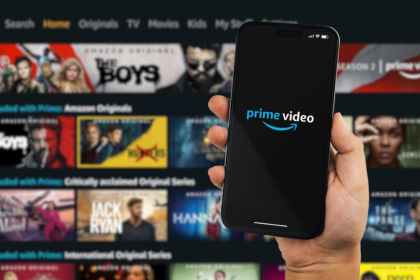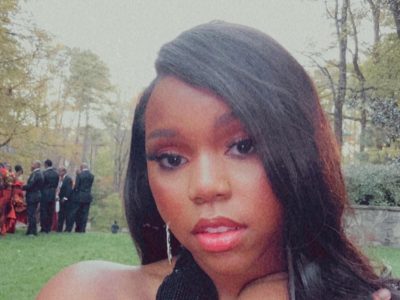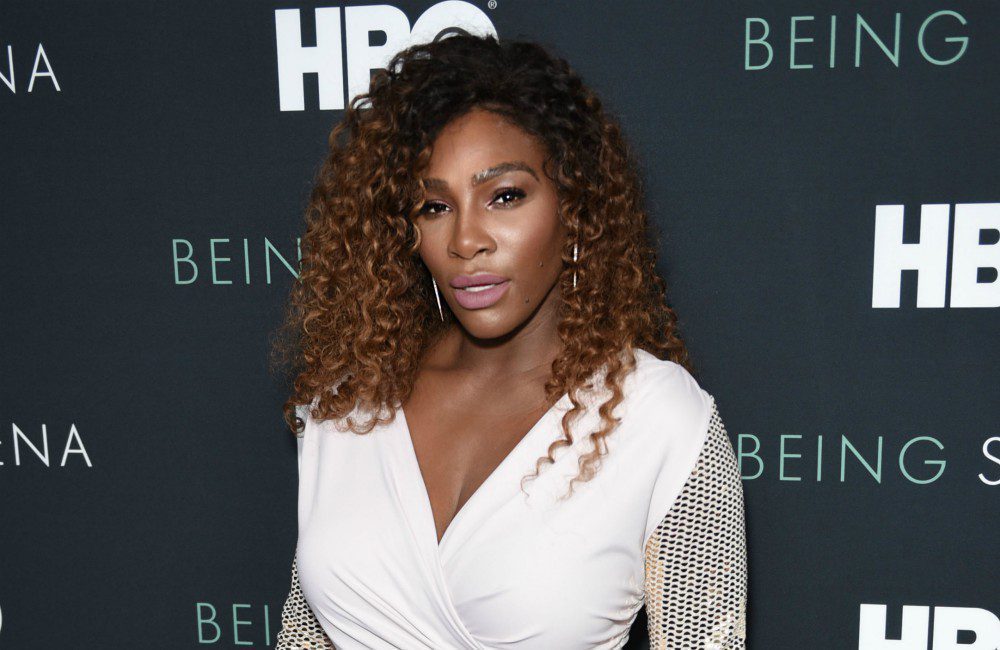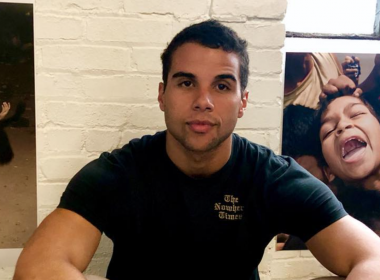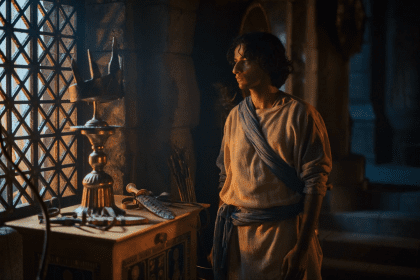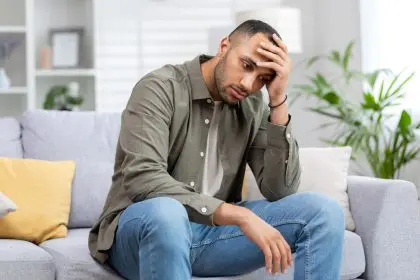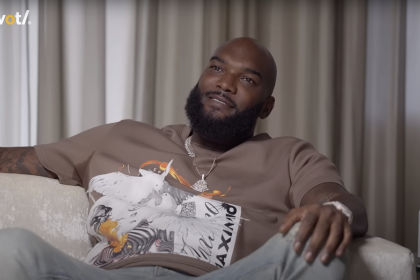Despite being so young, Selah (Lovie Simone), Maxxie (Jharrel Jerome), and Paloma (Celeste O’Connor) are very layered.
I didn’t want to fall into this dichotomy of characters for Black people, because it was really frustrating seeing the same stories. I wanted to tell a story about Black kids in this sort of practical space selling drugs. But you can’t really say they are bad people … everybody’s culpable. So the action doesn’t become shorthand for moral failing.
We don’t see a lot of stories of Black youth operating from a place of privilege, yet still being relatable.
Those formative years have all these first experiences that feel impossible to survive. What young people don’t realize at the time is they will survive these things. Teenagers have a sort of intense period of emotional and mental growth that I’m drawn to.
What has been the most gratifying part of this journey for you?
When Black women and Black girls tell me after [a] screening how they feel — how it feels good to see somebody who looks like [them] on-screen. When the film reaches that target audience, it makes that 17-year-old version of myself feel more seen.
Selah and the Spades is streaming on Prime Video.


